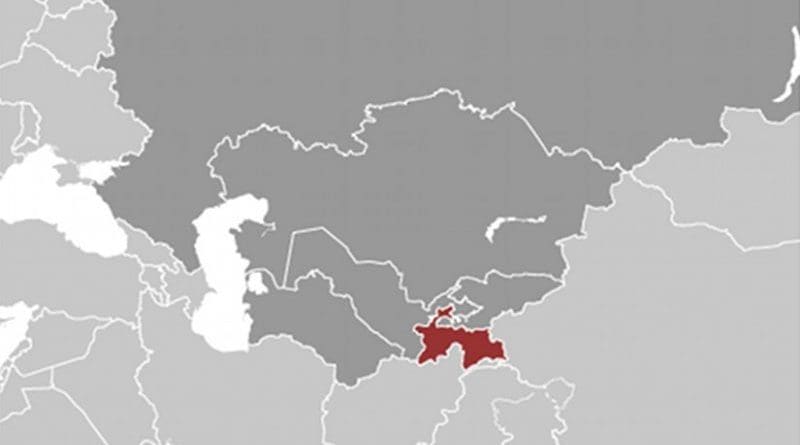Arab ‘Islamic’ Names Displacing Persian Ones in Tajikistan
By Paul Goble
Nearly one out of every five newborns in Tajikistan is now being given an Arabic rather than a Persian name and an increasing number of older people are choosing to change their names in the same direction, the result of the growing influence of Islam in that Central Asian republic.
According to a report by Radio Liberty’s Tajik service as translated into Russian by Zpress.kg, Dushanbe officials at the office where births, marriages and deaths are recorded say that this represents a major change over just the last five years. Earlier they said, “we did not know such [Arabic] names” (www.zpress.kg/news/news_only/7/23613/403.py).
The major drivers for this change, which represents not only a break with the national past but also one with Persian culture where the use of Arabic names traditionally has been limited, are the mullahs and imams who enjoy enormous authority and “advise people to choose Islamic names for [their] children,” RL reported.
“I tell people,” Khodzhi Mirzo Ibronov, the mullah of a mosque in Kulob, says, “that Allah prefers such names as Abdulla and Abdurrakhmon,” which have Arabic roots and connections rather than Persian or Tajik ones. At the very least, he suggests, parents should choose names with the “Abd” syllable which in Arabic means “servant.”
This trend is part of a general increase in the influence of Islam in Tajikistan, not only among adults but also among young men who, the service continues, “typically visit evening prayers in nearby mosques after the sermons of the imams” or purchase “compact disks in local markets with the sermons of religious leaders who explain Islamic values.”
Dilshod Rakhimov, a Tajik specialist on culture and art, says that “young men who change their names for Islamic ones are putting their religious attachment above the national one. Each has the right to choose for himself and his children an Islamic name which pleases him but [he added] I think that this is somewhat unserious.”
After all, Rakhimov pointed out, “you do not need to have an Islamic name in order to be a true Muslim. For example, in the Islamic Republic of Iran, people follow their own religion but are not required to have Arabic and religious names.” Instead, in that country, most prefer national ones.
That is what makes the situation in Tajikistan so intriguing. Several years ago, Arabic names were “unknown,” but now they are common, reflecting not only the choices of parents but also of young people who seek to change their names. Two decades ago, the most common names came from Firdousi’s epic poem, “Shahname” or after 1991 from Iranian history.
But today, RL reports, some Tajiks are dropping those Iranian names because it turns out that that some of them, like Jamsid, refer back to a Persian monarch who was not a Muslim but rather a follower of Zoroastrianism. In increasingly Islamicized Tajik society, such references are no longer acceptable.
One 19-year-old Tajik with whom the RL Tajik Service spoke said that recently he had decided to change the name his parents had given him, Shokhrukh, to Muhammed because his increasing familiarity with Islam had convinced him that he should bear a Muslim rather than a Tajik name.
Many of his age cohort are doing the same, but neither he nor they have “officially registered” such changes. That is because the process the Tajikistan government has for changing names is “lengthy, complicated and expensive,” involving not only the collection of numerous documents but quite often the giving of bribes.
As for the newly named Muhammed, he said his lack of registration of this change has no importance for him: “My friends and family call me by my new name, and this is quite sufficient.”

